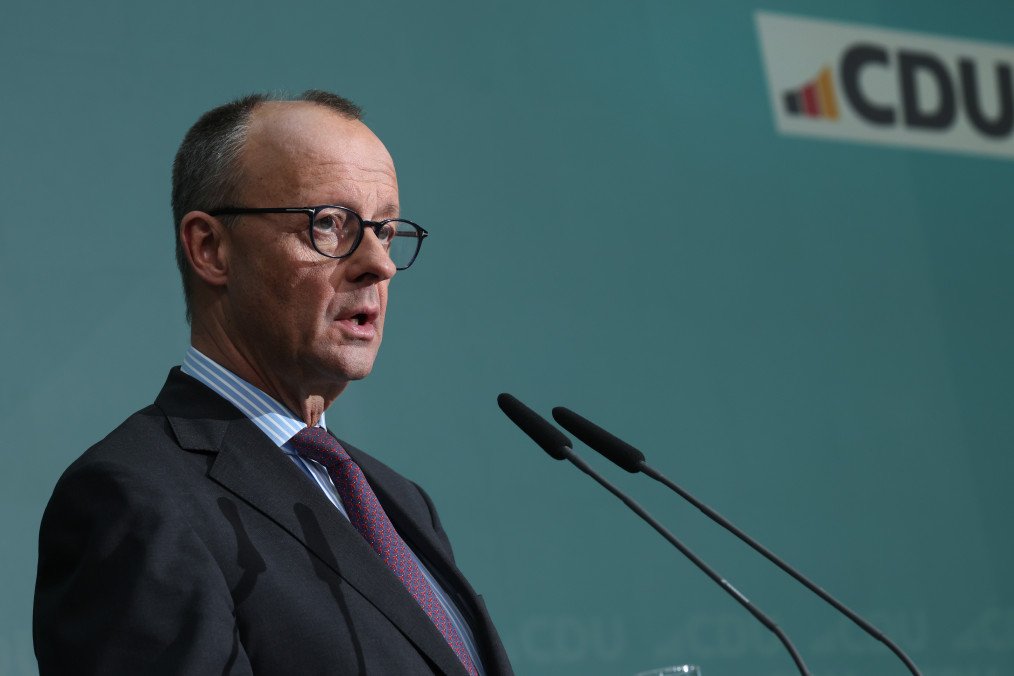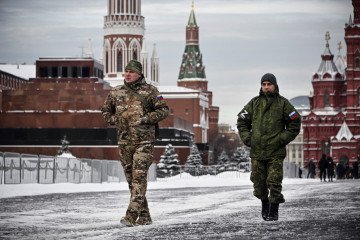Germany’s likely next chancellor, Friedrich Merz, has expressed his willingness to engage in discussions with the United Kingdom and France regarding the shared use of their nuclear weapons. However, he emphasized that such cooperation would not replace the U.S. nuclear umbrella in Europe.
According to Reuters, Merz stated in an interview with Deutschlandfunk on Sunday that nuclear deterrence should be a collective effort among European allies.
“Nuclear sharing is a topic we need to discuss… We must strengthen our collective nuclear deterrence,” Merz said. He underscored that talks with London and Paris should focus on complementing, rather than substituting, the existing American nuclear security framework, which Germany seeks to maintain.
Germany, due to historical commitments following World War II, has pledged to a non-nuclear defense policy under several international agreements. However, it remains part of NATO’s nuclear sharing program, which allows for joint nuclear planning and deployment strategies without directly possessing nuclear weapons.
Merz’s comments come amid broader European discussions on security, particularly as concerns grow over future U.S. commitments to transatlantic defense. On Saturday, Polish Prime Minister Donald Tusk announced that Poland is in talks with France regarding potential access to nuclear capabilities.
Merz reaffirmed that Germany has no plans to develop its own nuclear arsenal, citing its obligations under the 1990 Treaty on the Final Settlement with Respect to Germany, known as the Two Plus Four Agreement.
“This will remain unchanged,” Merz stated, reiterating Germany’s stance on non-proliferation.
Earlier, French President Emmanuel Macron emphasized the need for increased European defense spending, stating that Europe’s future “should not be decided in Washington or Moscow.” Speaking ahead of a key European meeting, he called for greater military investment, including nuclear deterrence, and warned that the security landscape has changed. “The innocence of the last 30 years is now over,” Macron said, urging European leaders to prepare for a future where the U.S. may not provide security guarantees.


-33441405bda6df220cc127a38043a08d.jpg)



-5c046892336e809095181703f36c6c6e.png)

-c439b7bd9030ecf9d5a4287dc361ba31.jpg)